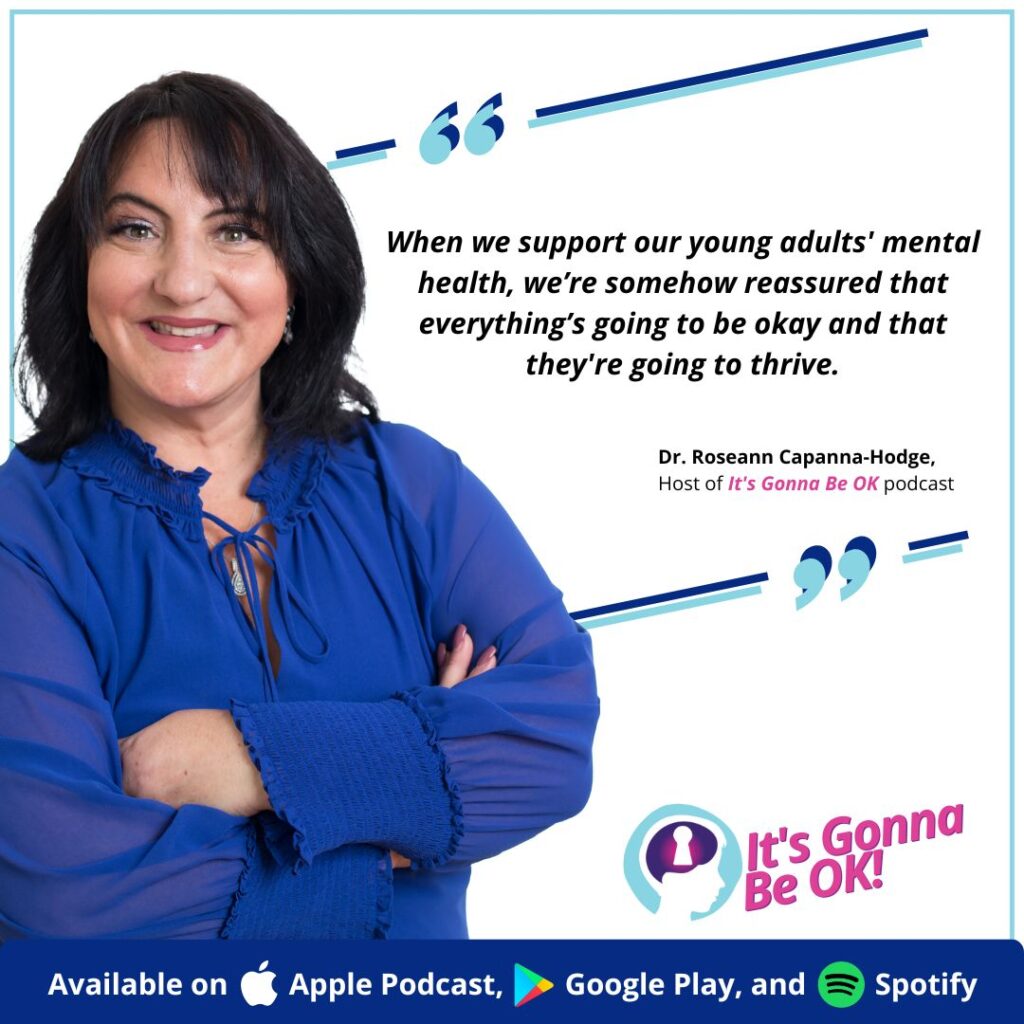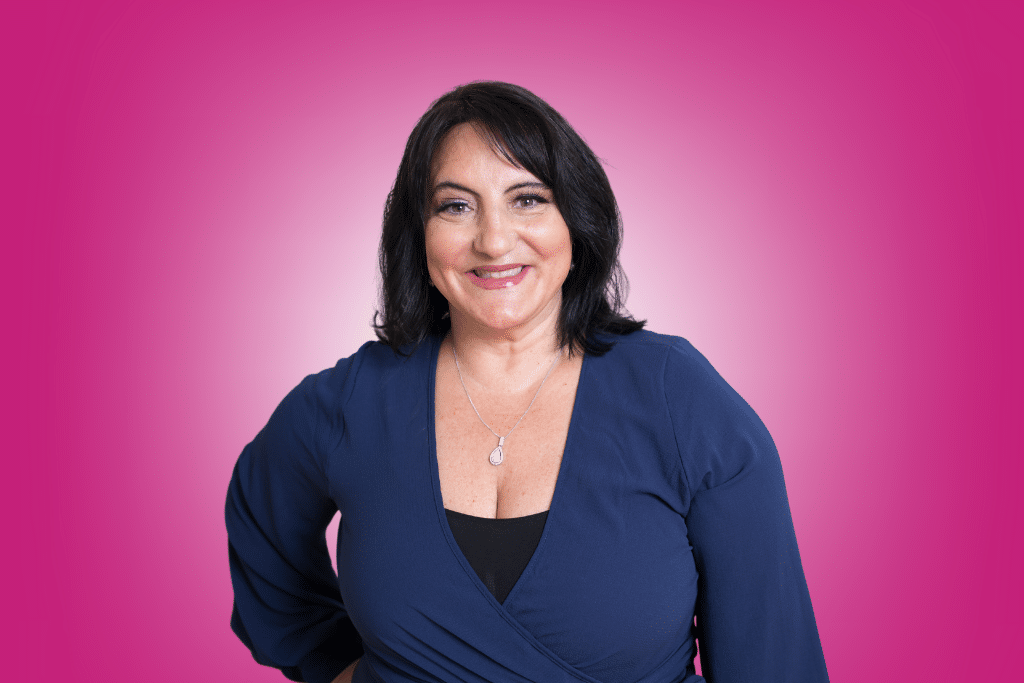Is your teen ready for college? College readiness does not only mean that they have high grades in academics. Mental health is a big factor in preparing for college. The effects of mental health are extensive, affecting many aspects of an individual’s life including but not limited to emotional, psychological, and social aspects. The sad reality is that many teens don’t make it to college due to the many challenges posed by mental health issues. These challenges may come in the form of anxiety, depression, eating disorders, or other conditions that significantly affect their well-being.
Coping with such issues can be incredibly demanding and can negatively affect their ability to manage the pressures of academic life, social relationships, and personal development. That is why it is important for us to discuss all about college readiness and what parents can do to prepare their kids for college.
College Readiness : How important is mental health for teens?
Mental health is something we can’t and shouldn’t ignore. When we support our young adults' mental health, we’re somehow reassured that everything’s going to be okay and that they're going to thrive.
By acknowledging and addressing these mental health concerns, we show how committed we are to the holistic development of our kids. This signifies that we value their emotional and psychological well-being as much as their physical health and academic achievements.
Otherwise, if we don’t support their mental health, they won’t be developing their own coping skills and problem skills. By providing them with the necessary tools and support, we empower them to develop healthy coping skills that enable them to navigate life's many challenges.
Common reasons why teens don’t make it to college.
Something that many colleges try to hide is the fact that about 40% of freshmen don’t get to finish their first year in college. Reasons as to why this happens vary but sometimes, it’s because they transferred to another school.
However, there are also cases involving mental health. Some find it hard to adjust or cope because they’re not used to having no structure or routine. Back in middle school or high school, the majority of learning happens inside the classroom which is the exact opposite in college.
Moving to college can be a big challenge for most students. College entails more responsibilities, increased academic demands and even stressors. That is why it’s important to be equipped with great executive functioning skills, study skills, and coping skills when you’re in college. Without these, you’re most likely going to fall apart.
The challenges posed by mental health may hinder their capacity to focus on their studies, engage in productive learning, or accomplish assignments and exams. As a result, their academic performance may suffer, and so do their motivation, self-esteem, and confidence.
Another reason is that your kid may be drinking. Some get to the point where they do psychedelics or pot smoking to relieve them from stress or to just have fun. This isn’t something that we should downplay or even normalize as these have substances that are harmful to the brain.
The importance of prioritizing mental health.
Our intern Kat, who we’ve actually recently interviewed for an episode about dyslexia, goes to a school that offers a lot of support, particularly for those with ADHD, dyslexia, and other conditions. She expressed how much of an amazing experience it is for her being able to study in a healthy environment and getting so much support.
My biggest caution to parents is to not just push the bird out of the nest. Make sure they can fly independently first and make sure to prioritize mental health.
For further information, you can read our blog posts about failure to launch through these links:
● What to do with a Failure To Launch Child
● What is Failure To Launch Syndrome
Links and Resources:
Is your child struggling with attention and executive functioning skills? Learn how to get your kid to listen and finish tasks in 30 days without the constant nagging and fighting. Get the Dr. Roseann's Parenting Toolkit for only $47 today!
➡️ Join our FREE Natural Parenting Community to receive science-backed resources for your child and family. Join here.
➡️ Get help from Dr. Roseann and her team. Apply here.
➡️ “Is it ADHD or something else?” Take the quiz.









